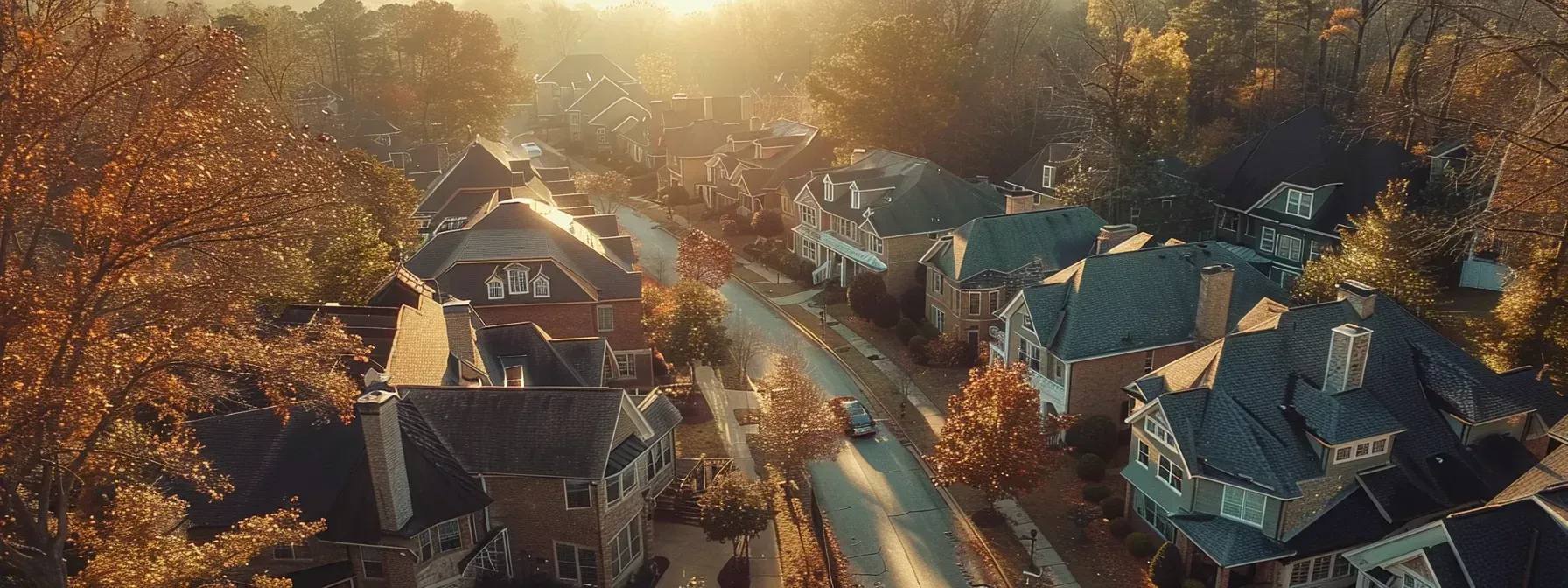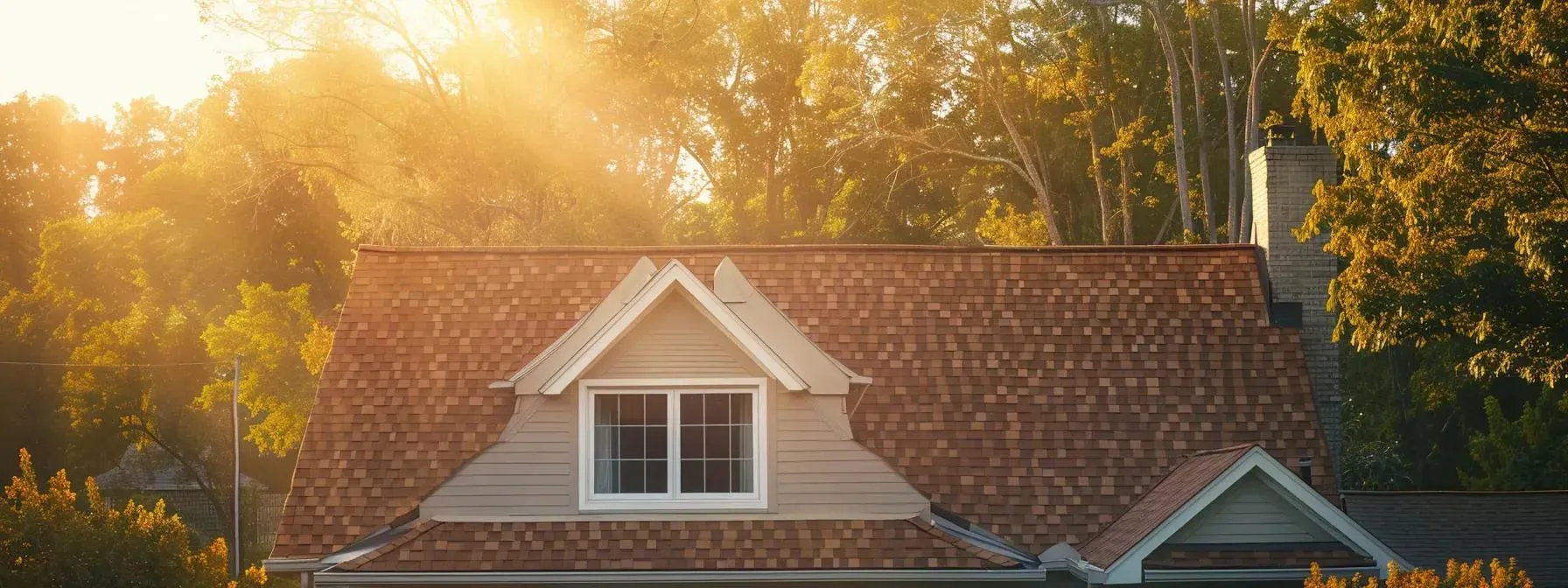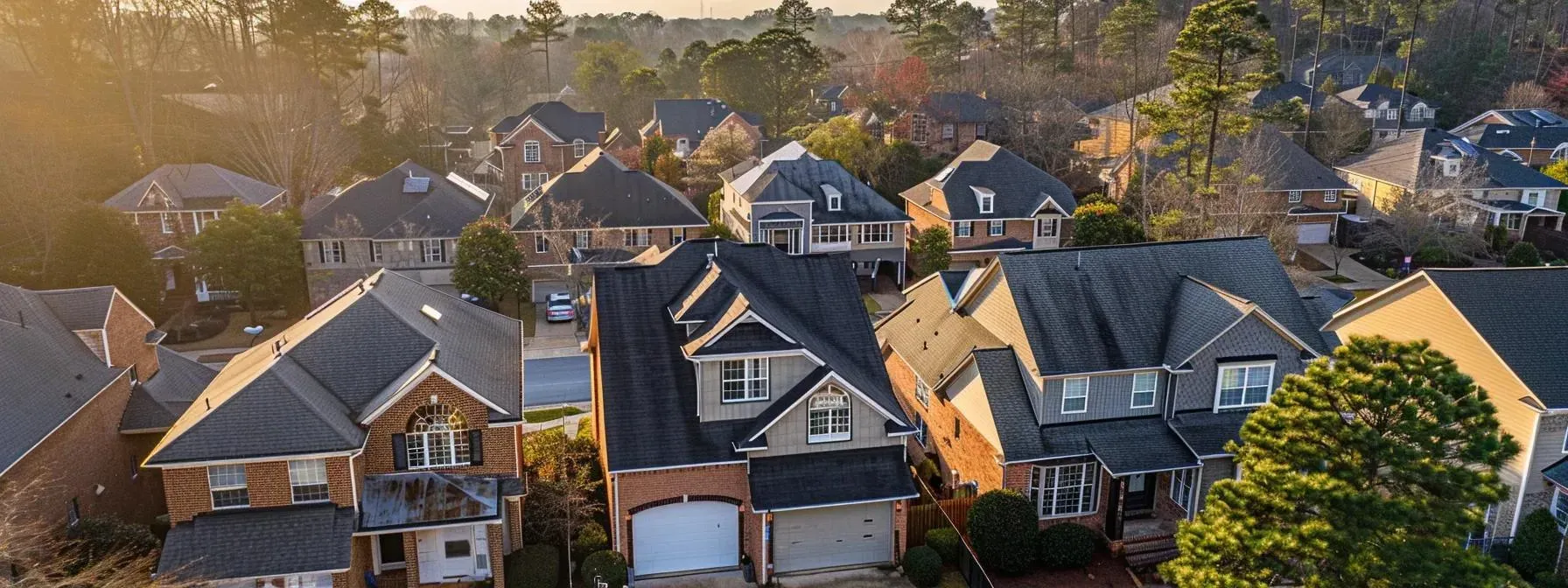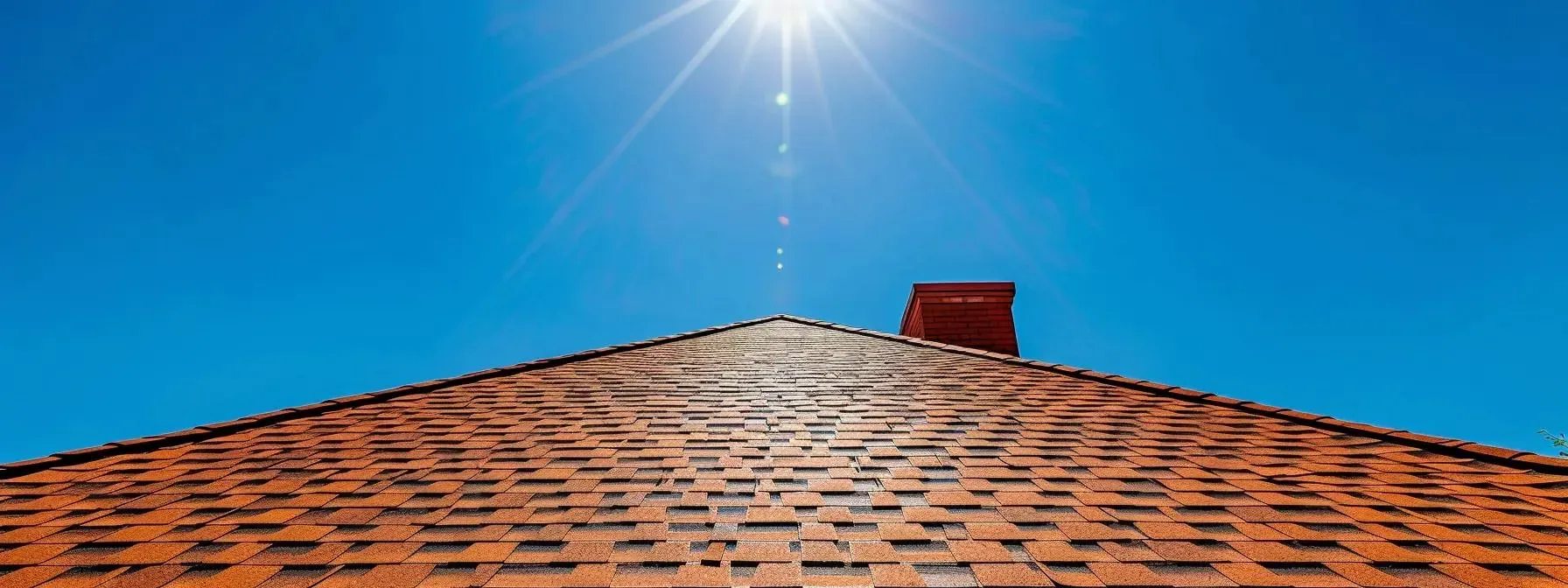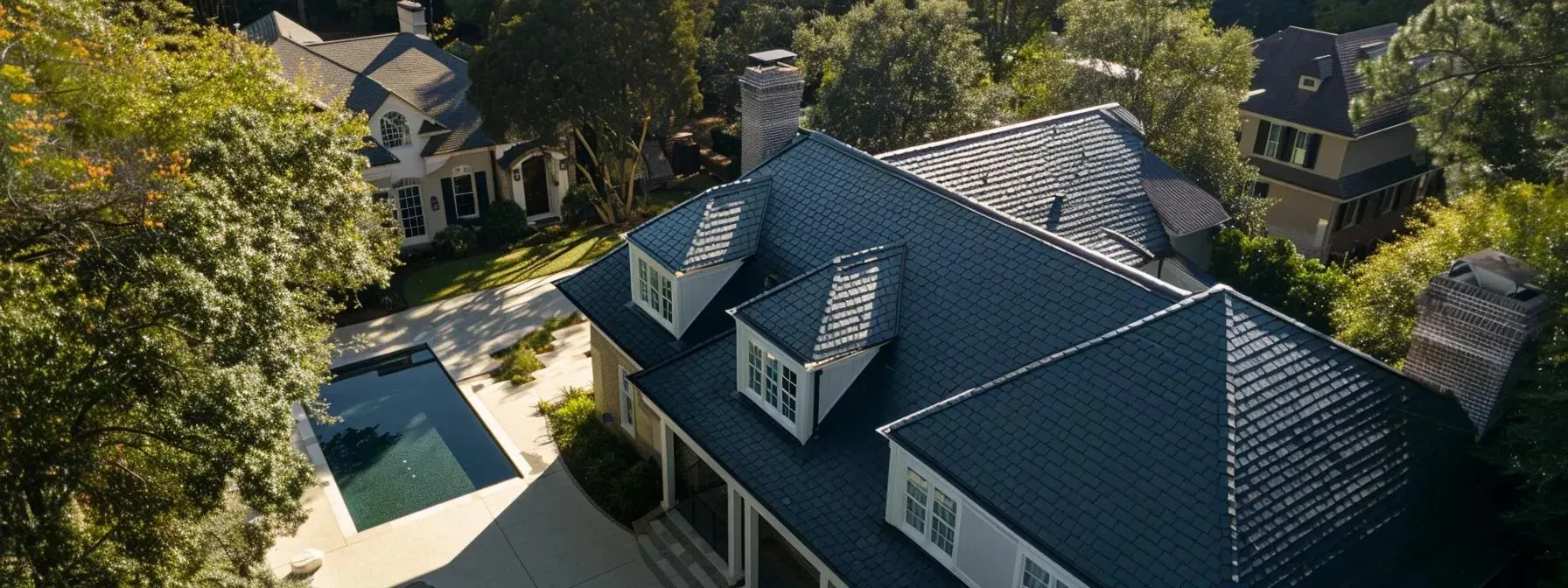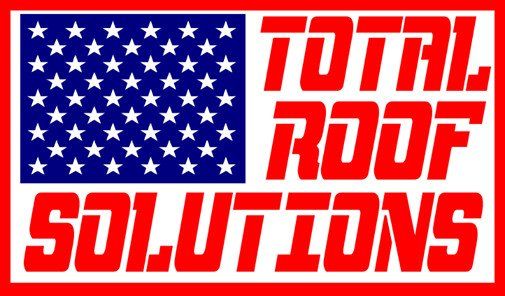Roofing Costs in Atlanta: A Detailed Look at Average Prices and Installation Fees
A new roof can be a big expense for any Atlanta homeowner, but it may not be as costly as you think. Roof replacement is an important part of home maintenance and a major budget expense, to be sure, but there are ways to find competitive pricing and quality work that adds value. Researching the market to find a reputable and affordable roofer takes a bit of time, but it can be worth it for your overall property value in the long run.
Roofing in Atlanta can be a significant investment, and understanding the costs involved is essential for homeowners. This article will address average roofing costs, factors that influence pricing, and the various roofing materials available in the region. Readers will gain insights into potential installation fees and additional costs that may arise, helping them budget effectively for their roofing projects. Those researching the roofing market will find valuable information to help them make informed decisions and connect with reliable contractors in Atlanta for a successful roofing experience.
Understanding Average Roofing Costs in Atlanta
Various factors influence roofing costs in Atlanta, and understanding this provides valuable insights for property owners. An overview of common roofing materials and their costs highlights how choices impact overall pricing. The role of roof type in pricing can vary depending on manufacturing techniques and the length of installation. Additionally, distinguishing between installation fees and material costs will aid in informed decision-making related to roof repair and maintenance.
An Overview of Common Roofing Materials and Their Costs
In Atlanta, homeowners often explore various roofing materials, each with distinct costs and benefits. Metal roofs, for instance, are becoming increasingly popular due to their durability and resistance to wear, especially in regions that experience high humidity. While the initial investment for a metal roof may be higher compared to traditional asphalt shingles, their longevity can make them a cost-effective choice in the long run, particularly for roofing replacement projects.
Another commonly used material is asphalt shingles, known for their affordability and ease of installation. Despite their lower upfront cost, asphalt shingles typically require more frequent replacement than metal roofing, especially in climates with extreme weather conditions. Understanding the specific needs related to construction, including the potential wear from environmental factors, can help homeowners make informed decisions when selecting materials for their roofing projects.
The Role of Roof Type in Pricing
The type of roof significantly impacts the overall pricing for homeowners in Atlanta. For example, slate roofs, while aesthetically appealing and durable, come with a higher roof replacement cost compared to asphalt shingles. This is due to the material's weight, installation complexity, and the need for skilled labor, making it essential for homeowners to consider both short-term budget and long-term efficiency when choosing roofing materials.
Additionally, the costs associated with roof types can vary based on expected lifespan and maintenance needs. Metal roofs, known for their resilience, may require a larger initial investment but typically incur lower maintenance costs over time. Homeowners must weigh these factors so their roof replacement aligns with their financial plans and provides the desired protection against Atlanta's varying weather conditions.
Installation Fees vs. Material Costs
When considering roofing costs in Atlanta, it is essential to differentiate between installation fees and material costs. A general contractor typically provides a detailed estimate that separates these aspects, allowing homeowners to understand where their money is allocated. For instance, while high-quality materials may increase the overall expense, they often lead to lower maintenance costs over time, making it crucial for property owners to choose wisely based on their budget and anticipated need for maintenance.
Another factor to examine is how installation fees can vary based on the roof type and any additional features, such as ventilation systems. Homeowners experiencing roof-related issues may want to check their deductible beforehand, as this can influence how much they spend out of pocket during repairs or replacements. Understanding these details encourages better financial planning and informed decision-making for any upcoming Atlanta roof project.
Factors Influencing Roofing Costs in Atlanta
Assessing the size of the roof is a major factor affecting overall roofing expenses, especially when considering materials like asphalt shingles. Evaluating the roof pitch and complexity also plays a critical role in determining costs. Furthermore, the impact of location can influence pricing, including potential damages and the installation of additional features such as skylights. These insights will assist homeowners in understanding the various elements affecting their roofing projects.
Assessing the Size of Your Roof
When assessing the size of a roof, property owners should consider how this factor directly influences roofing costs in Atlanta. A larger surface area typically requires more materials, such as gable structures and durable bitumen, which can impact both the initial price and future roof replacement expenses. By accurately measuring the roof dimensions, customers can obtain more precise estimates and avoid unexpected financial burdens during the roofing process.
The complexity of the roof design also plays a crucial role in determining costs. For instance, roofs with multiple angles or unique features may entail more labor and time to install, increasing overall installation fees. Homeowners should engage professionals to evaluate their roof size and structure promoting informed decisions that prioritize durability while aligning with budgetary constraints.
Evaluating Roof Pitch and Complexity
Evaluating roof pitch and its overall complexity plays a significant role in determining roofing costs in Atlanta. A steeper pitch often requires specialized techniques and safety measures during installation, which can lead to increased labor costs. Similarly, complicated roof designs, such as those incorporating multiple angles or additional features, may demand more time and skilled labor, further impacting the total expenses for residential roofing projects.
Homeowners should also be aware that the materials used can vary based on roof slope and design. For instance, certain woods or premium materials may be better suited for steep pitches, enhancing durability but also adding to the overall cost. Engaging reputable contractors who can accurately assess pitch and complexity will help homeowners make informed choices, ensuring a balanced approach between cost, aesthetics, and long-term functionality while planning to replace their roofing system.
The Impact of Location on Pricing
The location of a property in Atlanta can significantly affect roofing costs due to various factors such as climate conditions, local regulations, and market demand. For instance, areas prone to extreme weather may necessitate stronger materials that withstand wear and tear, which can increase the price per square foot. Homeowners should consult roofing contractors familiar with local conditions so their roofs are equipped to handle the environmental challenges unique to their neighborhood.
Furthermore, proximity to suppliers and contractors also plays a role in determining costs. In densely populated regions, competition among roofing contractors may lead to fluctuating pricing for roof replacement in Atlanta. Homeowners benefit from understanding these dynamics, as selecting a contractor with a strong reputation for safety and quality can prevent future issues and help manage long-term roofing expenses effectively.
Average Price Ranges for Different Roofing Materials in Atlanta
Asphalt shingles are often favored for their affordability and ease of installation, making them a popular choice for roof replacement estimates in metro Atlanta. Metal roofing prices, while higher, offer durability and resilience against severe weather conditions. Tile roofs provide aesthetic appeal and longevity, but come with unique pricing insights. Each of these materials serves different needs and preferences, guiding homeowners through informed decisions.
Asphalt Shingles Pricing Details
Asphalt shingles remain a top choice among homeowners in Atlanta due to their affordability and straightforward installation process. The average price for asphalt shingles ranges from $90 to $100 per square, which encompasses both the materials and labor costs. It's vital for property owners to consider that additional expenses can arise, particularly when addressing issues like chimney maintenance or decking repairs, as these factors can influence the overall project cost and market value of the home.
Moreover, while asphalt shingles provide a cost-effective roofing solution, homeowners must be aware of potential water damage, especially in areas prone to heavy rainfall. Investing in high-quality shingles may reduce the risk of leaks and prolong the roof's lifespan. This proactive approach not only safeguards against water-related issues but also helps maintain structural integrity, thereby protecting the home’s overall value over time.
Metal Roofing Cost Breakdown
Metal roofing costs for an Atlanta roof replacement typically range between $100 to $300 per square, depending on material quality and installation complexity. These environmentally friendly roofs provide superior durability and energy efficiency, often translating to long-term savings on utility bills. Homeowners looking to improve their property value as part of a home improvement project should consider that the investment in metal roofing can yield substantial returns through reduced maintenance costs and increased property appeal.
The pricing for metal roofing also varies based on design choices, such as opting for a gable roof versus other styles. Homeowners appreciate that investing in a high-quality metal roof not only enhances the aesthetic of their home but also supports sustainability goals. Engaging with contractors who prioritize customer service can guarantee that property owners receive quality materials and reliable installation, leading to a rewarding roofing experience.
Tile Roof Pricing Insights
Tile roofing typically ranges in cost from $300 to $600 per square, significantly influenced by factors such as material quality and the installation process. Many homeowners prefer brands like CertainTeed for their longevity and warranties, which can last up to 50 years. Proper installation is crucial to prevent issues like mildew, making the role of flashing essential to provide durability against Atlanta's changing climate.
Investing in tile roofs not only enhances aesthetic appeal but also provides robust protection. Homeowners must consider that while the initial cost may be higher, the long-term benefits, including resilience and minimal maintenance, can offset expenses over time. Understanding these aspects of tile roofing allows property owners to make informed choices that align with their financial and functional needs.
Additional Costs Associated With Roof Installation in Atlanta
Property owners in Atlanta should be aware of additional costs linked to roof installation. This includes expenses associated with removing old roofing, which can significantly impact the overall budget. Permits and inspection fees are also important factors to consider, along with contractor labor charges that cover skilled labor for additional tasks, such as working on valleys. These insights help homeowners plan effectively for renovations while minimizing risk.
Costs for Removing Old Roofing
Removing old roofing is a crucial step in the replacement process and can contribute significantly to overall costs. Property owners often find that the expenses associated with this task vary based on the roofing material and building code requirements in Atlanta. For instance, if the existing roofs are made of heavy tiles or metal, the labor involved in removal can be more extensive, which may increase the final bill from the contractor.
In addition, insurance companies may cover some of the removal costs, particularly if the replacement is due to prior damage. Homeowners should also consider how removing old roofs affects the attic space, as proper ventilation and insulation might need adjustment after the installation. This understanding keeps property owners well-prepared for the financial implications of their roofing project while maintaining compliance with local codes.
Permits and Inspection Fees
Permits and inspection fees play a significant role in the overall costs associated with Atlanta roofing projects. The specific requirements can vary based on the complexity of the roofing work, including factors such as whether the project involves replacing existing materials or installing building insulation. Understanding local regulations is essential for homeowners to maintain compliance and avoid potential fines, which impact the budget during a roofing project.
For instance, utilizing trusted brands like Owens Corning may require certain permits so energy efficiency standards are met during installation. Engaging a licensed contractor familiar with these regulations can help streamline the permitting process, making it easier for homeowners to focus on their roofing needs while preserving the integrity of the project. Taking these considerations into account can assist property owners in managing the costs associated with roofing installations in Atlanta.
Contractor Labor Charges
Contractor labor charges form a significant component of overall roofing costs in Atlanta. Homeowners should expect these fees to vary based on the complexity of the roofing project, such as the addition of features like dormers or custom curbs. Engaging an experienced Atlanta roofing contractor can provide insights into the expected labor costs associated with various roofing styles, helping homeowners receive quality workmanship that enhances the longevity of their roofs.
The expertise offered by a skilled roofing contractor is invaluable, particularly when addressing intricate installation tasks. For instance, projects that require extensive adjustments or complicated designs may necessitate additional labor time, ultimately influencing the total price. Homeowners benefit from obtaining detailed estimates that outline labor charges, allowing for better budgeting and a clearer understanding of the investment needed for superior roofing solutions in Atlanta.
Financing Your New Roof in Atlanta
Understanding financing options for a new roof in Atlanta is essential for homeowners. Exploring payment plans with contractors can provide flexibility, while knowing how to file insurance claims related to leaks and mold from storm damage offers financial protection. Additionally, personal loan options may be available to cover expenses, enabling property owners to invest in a durable and effective roofing solution.
Exploring Payment Plans With Contractors
Homeowners in Atlanta can benefit from exploring various payment plans offered by roofing contractors. Contractors often provide flexible financing options tailored to meet the unique needs of clients, so essential roofing work, including metal roof installations, can proceed without significant financial strain. Understanding the terms of these contracts is important, as it can help property owners manage costs associated with potential hail damage and home insurance claims more effectively.
Additionally, many contractors collaborate with financial institutions to offer competitive rates or deferred payment plans, allowing homeowners to address roof depreciation issues while securing quality materials and services. By engaging with contractors who emphasize transparent communication about financing, property owners can make informed decisions, paving the way for a new roof that meets both budgetary constraints and quality expectations in Atlanta.
Insurance and Roofing Claims
Understanding insurance and roofing claims is essential for Atlanta homeowners faced with roof replacement costs. Often, insurance policies cover damage resulting from storms, leaks, or other unforeseen incidents, significantly impacting the overall financial burden of a roof replacement. Homeowners should familiarize themselves with their policy details and maximize their coverage, allowing for a smoother process when addressing necessary repairs or full replacements.
It is also advisable for property owners to document any incurred damages through photographs and detailed notes before filing a claim. This information can support their case when negotiating with insurance adjusters. By being proactive in understanding both their insurance policy and the claims process, homeowners can better manage the costs associated with roof replacement, helping them secure the resources needed for quality roofing solutions in Atlanta.
Personal Loan Options for Roofing Projects
Personal loans offer an effective way for homeowners in Atlanta to finance roofing projects without straining their budgets. These loans can cover various expenses associated with roof replacement, including materials and installation fees. By securing a personal loan with competitive interest rates, property owners can manage upfront costs while keeping their roofs in good condition and capable of withstanding the unique weather challenges faced in the region.
Many financial institutions provide specialized loans tailored to home improvement projects, making it easier for homeowners to find options that suit their needs. It is beneficial for property owners to thoroughly research lenders and understand the terms offered, making sure their financial decisions align with both their immediate requirements and long-term goals. Utilizing personal loans wisely can empower homeowners to invest in durable roofing solutions that enhance property value and protect their investments over time.
Finding Reliable Roofing Contractors in Atlanta
Homeowners in Atlanta must carefully evaluate roofing contractor estimates so they receive fair pricing and quality service. Key aspects to consider include asking essential questions before hiring, assessing the contractor's experience, and verifying their licensing and insurance. This process provides property owners with the confidence needed to select a reputable contractor for their roofing projects.
By focusing on these critical elements, homeowners can manage roofing costs while making informed decisions that align with their financial and structural needs.
How to Evaluate Contractor Estimates
Evaluating contractor estimates is a critical process for homeowners selecting roofing services in Atlanta. When reviewing estimates, property owners should look for a detailed breakdown of costs, including materials, labor, and any potential additional charges. Comparing multiple estimates can help homeowners receive fair pricing while also giving insights into the overall scope of the project, assisting them in making informed financial decisions related to roofing costs.
It's essential to engage with contractors who provide clear explanations regarding their estimates. Homeowners should inquire about the quality of materials suggested, labor rates, and timelines for project completion. Understanding these factors will not only enhance transparency but also help property owners identify experienced contractors who prioritize customer satisfaction and quality service in their roofing projects.
Questions to Ask Before Hiring a Roofer
When selecting a roofing contractor in Atlanta, homeowners should ask about the contractor's experience and specific expertise in roofing projects. Understanding how long the contractor has been in business and the types of roofs they specialize in can provide insights into their reliability and skill level. It is beneficial to inquire about past projects, seek references that showcase their previous work, and be confident in the contractor's ability to deliver quality results.
Homeowners must also discuss warranty options and any guarantees associated with the workmanship and materials. Knowing the details about warranties can help protect the homeowner's investment and provide peace of mind regarding the longevity of the roofing system. Additionally, it is essential to clarify the estimated timeline for completion and any potential disruptions during the installation process, as this transparency aids in better planning for the project and managing expectations.
Checking Licensing and Insurance for Contractors
When selecting a roofing contractor in Atlanta, verifying their licensing and insurance is essential for quality service and protecting the property owner's investment. A valid license indicates that the contractor possesses the necessary skills and knowledge to perform roofing work according to local regulations. Homeowners should always ask to see relevant permits and confirm that they are up to date to engage with a qualified professional.
In addition to licensing, contractors must also have insurance coverage to safeguard homeowners from potential liabilities during roofing projects. This includes liability insurance and workers' compensation, which protect property owners from accidents or damages that may occur on their premises. Confirming a contractor's insurance status helps to minimize risk and provide peace of mind so the roofing project proceeds without unexpected financial obligations.
